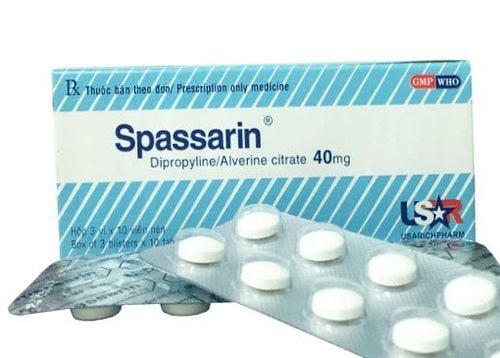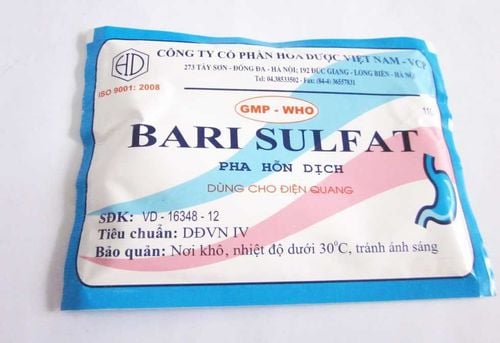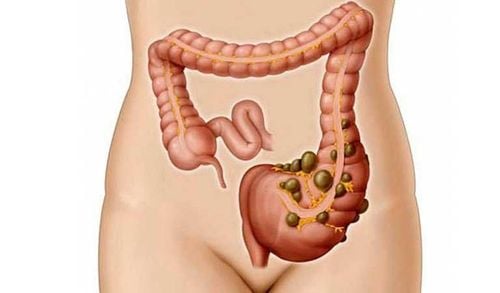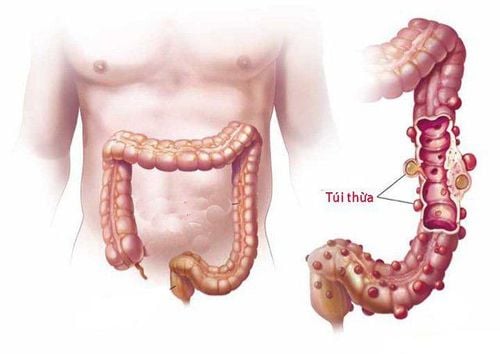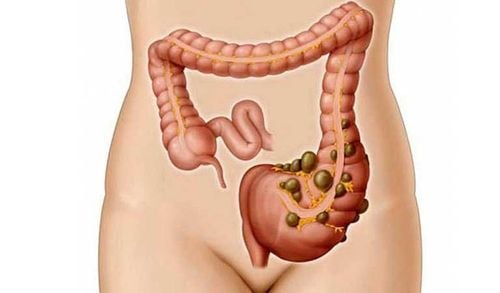This is an automatically translated article.
The article was consulted with Master, Doctor Le Hong Chien - Doctor of Radiology - Intervention - Department of Diagnostic Imaging and Nuclear Medicine - Vinmec Times City International Hospital.Diverticulitis is common in the elderly or people with an unscientific diet. This is a disease that causes severe pain for the patient and can cause intestinal obstruction, peritonitis if not treated promptly.
1. What is diverticulitis?
On the gastrointestinal tract, if there are protruding balloon structures in any location, it is called a diverticulum. When the diverticulum becomes inflamed or infected for some reason, it will form diverticulitis, causing symptoms of abdominal pain or changing bowel habits of the patient.Diverticulitis can form in any part of the gastrointestinal tract but is most commonly found in the cecum and colon. The main symptoms of the disease are usually severe pain, diarrhea or constipation ...

2. Causes of diverticulitis?
Currently, there are no medical studies that indicate the main cause of diverticulitis. It has been hypothesized that faeces can accumulate at the narrow openings of the diverticulum leading to infection or the mouth of the diverticulum becomes blocked leading to insufficient blood supply causing inflammation. Although the cause of diverticulitis is unknown, the following factors have been shown to increase the risk of this condition:Age: Studies have shown that the older you are, the greater your risk of developing a diverticulum. the higher. For people 40 years of age and older, the incidence of diverticula is 10%, 50% for people 60 years old and 65% for people 80 years old. With age, the function of the intestinal wall declines, which is a favorable condition for the development and formation of diverticulitis. Diet: A diet that is too low in fiber makes a person prone to constipation or hard stools, which puts pressure on the colon wall, making it easier for diverticula to form. diverticulitis is up to 78% higher than normal people. In addition, if a family member has a history of this disease, the members are also at risk.
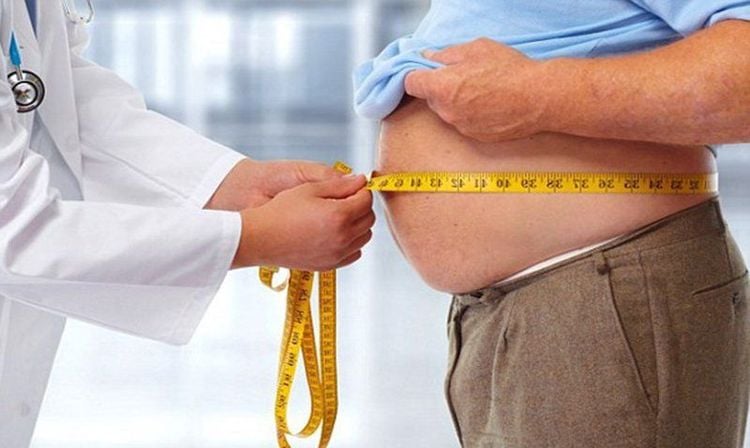
3. How is diverticulitis diagnosed?
Symptoms of diverticulitis can appear suddenly or gradually over a few days, but these symptoms are often confused with other conditions such as appendicitis, fatty mane of the colon. When you visit a medical facility or hospital for a checkup, your doctor will ask about your symptoms, bowel habits, diet or medications you are taking. And to accurately determine if your condition is diverticulitis, your doctor will order you to perform a number of tests and imaging tests such as ultrasound, x-ray, CT scan, internal medicine. colonoscopy ...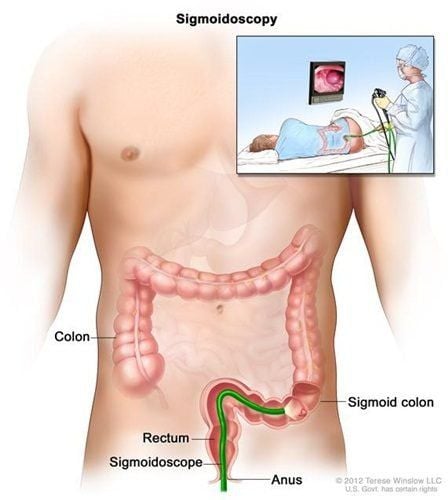
4. What to do to diagnose diverticulitis?
Depending on the extent of diverticulitis, the doctor will recommend an effective treatment method for the patient. For mild cases, the patient just needs to go home to rest properly, eat liquid food for a few days, the condition will be relieved. In addition, the doctor will prescribe the patient some antibiotics that help kill the pathogens that cause the infection such as bacteria, microorganisms...For more severe cases, the doctor will The doctor may prescribe additional pain relievers, antispasmodic drugs or appoint the patient to be hospitalized for intravenous antibiotic treatment if the condition is severe with the risk of intestinal obstruction, peritonitis, even is surgical removal if diverticulitis is too severe.
For severe cases, diverticulitis requires surgery and early treatment. Currently, at Vinmec International General Hospital, there are full facilities and modern medical equipment to diagnose diverticulitis. Accordingly, when determining the disease's condition based on clinical evidence in combination with diagnostic imaging and testing, the treating doctor will come up with the most effective treatment regimen for the patient.
Please dial HOTLINE for more information or register for an appointment HERE. Download MyVinmec app to make appointments faster and to manage your bookings easily.





